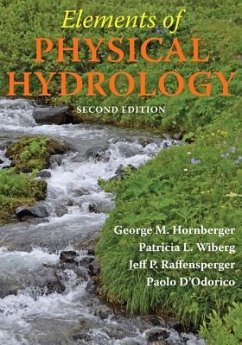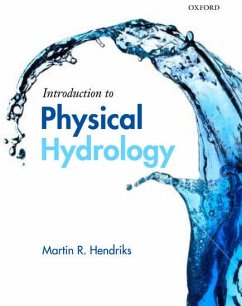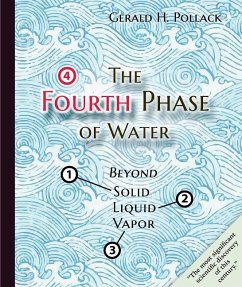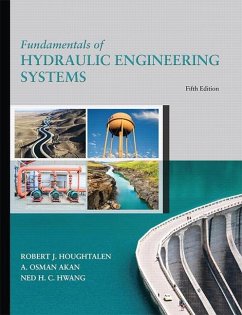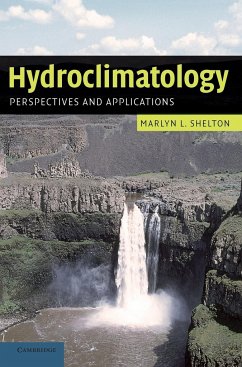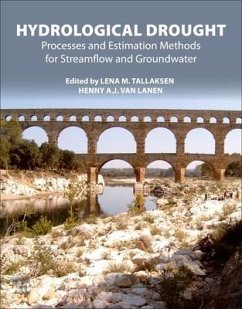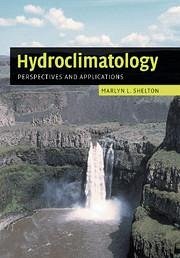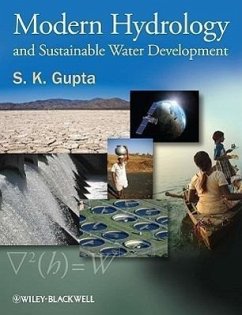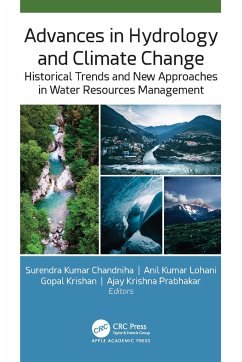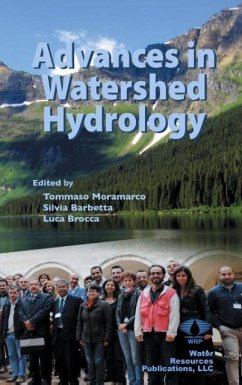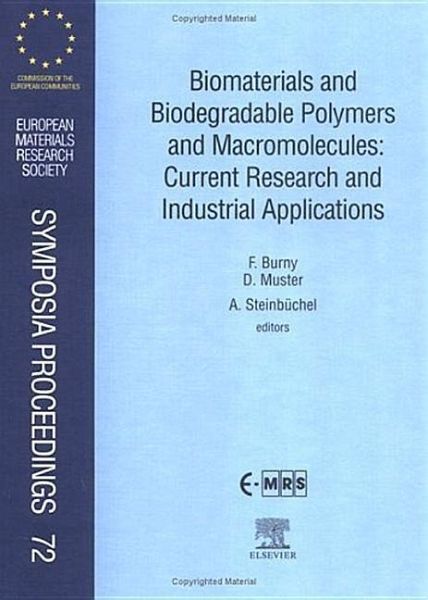
Isotope Tracers in Catchment Hydrology
Versandkostenfrei!
Versandfertig in 6-10 Tagen
69,99 €
inkl. MwSt.

PAYBACK Punkte
35 °P sammeln!
This book represents a new "earth systems" approach to catchments that encompasses the physical and biogeochemical interactions that control the hydrology and biogeochemistry of the system. The text provides a comprehensive treatment of the fundamentals of catchment hydrology, principles of isotope geochemistry, and the isotope variability in the hydrologic cycle -- but the main focus of the book is on case studies in isotope hydrology and isotope geochemistry that explore the applications of isotope techniques for investigating modern environmental problems.Isotope Tracers in Catchment Hydrol...
This book represents a new "earth systems" approach to catchments that encompasses the physical and biogeochemical interactions that control the hydrology and biogeochemistry of the system. The text provides a comprehensive treatment of the fundamentals of catchment hydrology, principles of isotope geochemistry, and the isotope variability in the hydrologic cycle -- but the main focus of the book is on case studies in isotope hydrology and isotope geochemistry that explore the applications of isotope techniques for investigating modern environmental problems.
Isotope Tracers in Catchment Hydrology is the first synthesis of physical hydrology and isotope geochemistry with catchment focus, and is a valuable reference for professionals and students alike in the fields of hydrology, hydrochemistry, and environmental science. This important interdisciplinary text provides extensive guidelines for the application of isotope techniques for all investigatores facing the challenge of protecting precious water, soil, and ecological resources from the ever-increasing problems associated with population growth and environmental change, including those from urban development and agricultural land uses.
Isotope Tracers in Catchment Hydrology is the first synthesis of physical hydrology and isotope geochemistry with catchment focus, and is a valuable reference for professionals and students alike in the fields of hydrology, hydrochemistry, and environmental science. This important interdisciplinary text provides extensive guidelines for the application of isotope techniques for all investigatores facing the challenge of protecting precious water, soil, and ecological resources from the ever-increasing problems associated with population growth and environmental change, including those from urban development and agricultural land uses.



